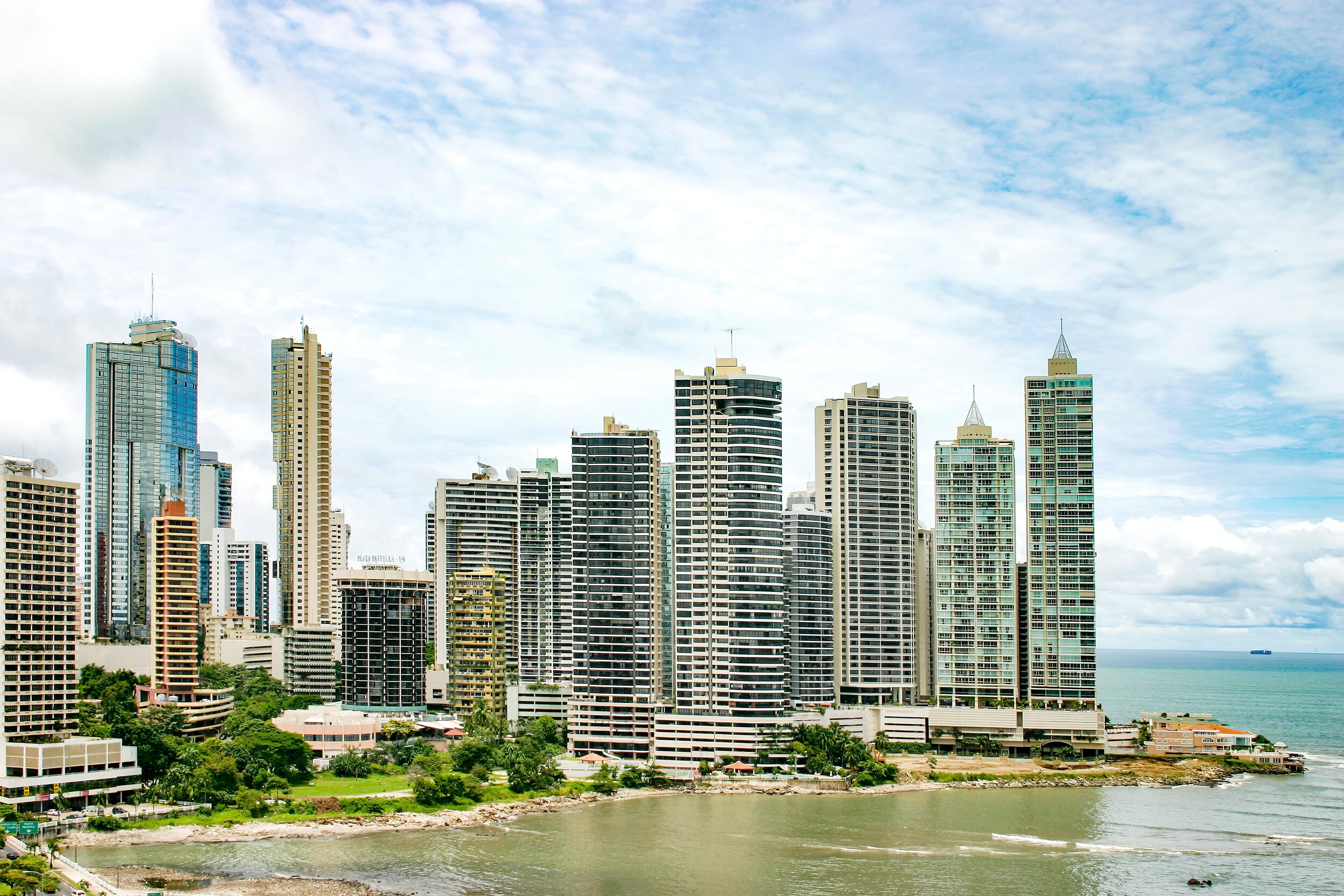
¿Cuál es tu número de identificación fiscal en México? – Número RFC
Todo lo que necesita saber sobre el número de identificación fiscal de su empresa (número RFC)! ¿Qué es el número RFC y cuál es su propósito? El número RFC es una parte esencial de la formación de una empresa en México.








